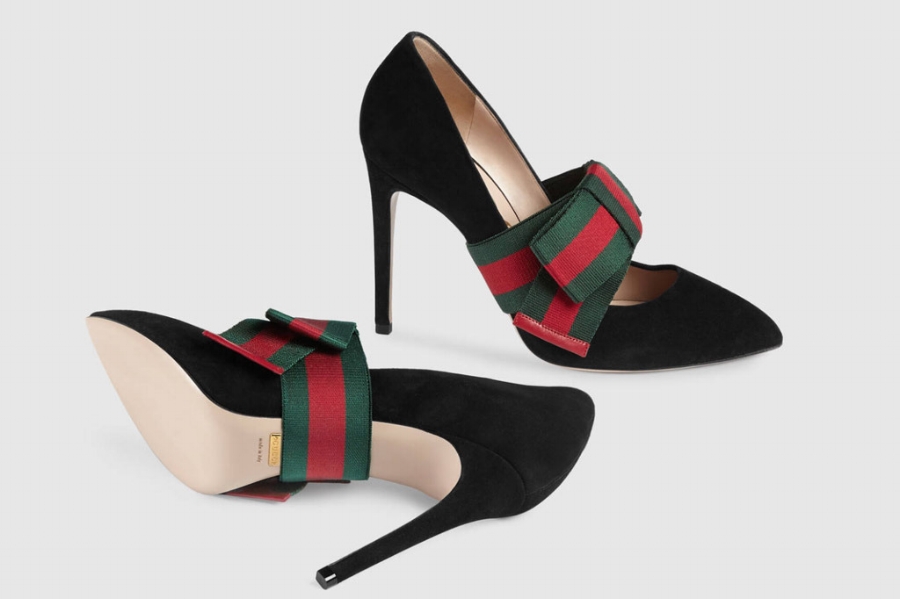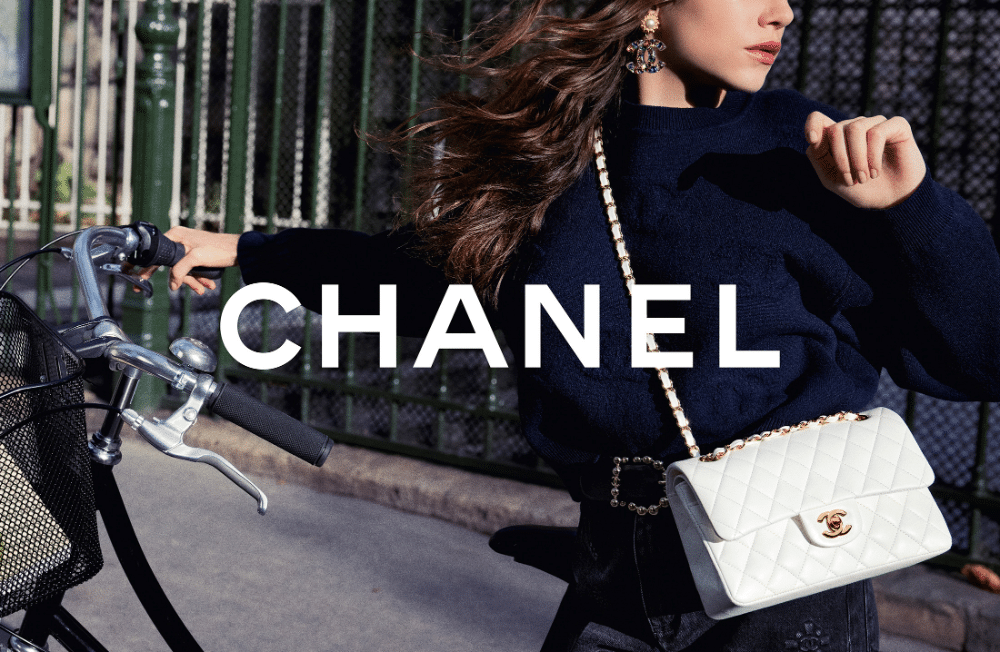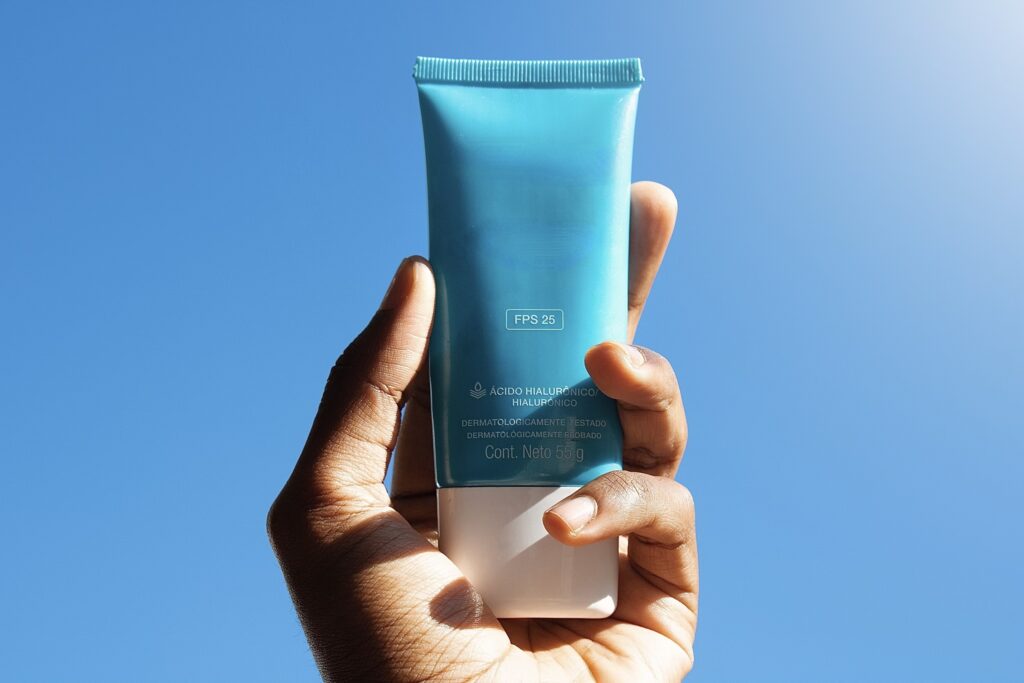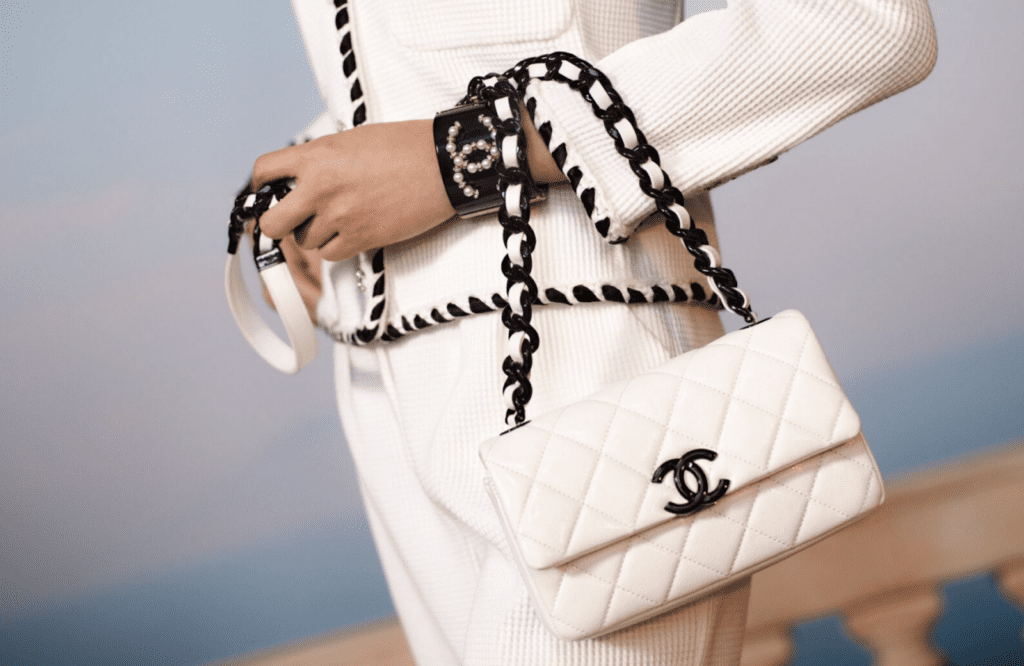Gucci and Forever 21 are calling it quits on their fight over stripes. The American fast fashion giant and the Italian design house appear to have managed to settle the trademark lawsuit that Forever 21 filed against Gucci in June 2017, claiming that Gucci had repeatedly threatened to sue Forever 21 for using an array of its registered trademarks, namely its blue-red-blue and green-red-green striped marks.
According to the docket for the U.S. District Court for the Central District of California, an order vacating all pretrial and trial deadlines and hearings was filed early this month, citing a settlement between the two fashion companies. The parties are set to appear before the court in January for a hearing in connection with the settlement, ahead of the still-scheduled trial start date of February 12.
The settlement comes over a year after Forever 21 filed suit, asking a California federal court to determine that its use of blue-red-blue and green-red-green stripes on clothing and accessories does not infringe Gucci’s trademarks. The fast fashion giant also asked the court to cancel a dozen or so of Gucci’s immensely valuable trademark registrations, arguing that Gucci’s stripe designs are simply too common or generic to serve as trademarks, that they are purely decorative features (that do not serve as source-identifiers), and the “red, blue, and green, and stripe designs are among the most favorite, popular and widely used colors and design features on clothing.”
In fact, Forever 21 claimed that “many clothing and accessory items adorned with decorative stripes colored blue-red-blue or green-red-green are sold by countless third parties,” and naming brands, such as Louis Vuitton, Balenciaga, Tory Burch, J. Crew and Urban Outfitters.”
With that in mind, it states that “Gucci should not be allowed to claim that Gucci, alone, has a wrongful monopoly on all blue-red-blue and green-red-green striped clothing and accessory items.”
Gucci responded to the lawsuit, alleging that Forever 21 was “brazenly” masquerading as a “victim of unfair competition in search of legal redress in the courts,” and that it was “bringing suit to cancel some of the most famous marks in the fashion world,” while “profiting handsomely by flaunting the law.” And still yet, Gucci lodged a number of counterclaims against Forever 21 for willful trademark infringement, trademark dilution and unfair competition, and asked the court to dismiss the case, arguing that, essentially, Forever 21 had not made its case by failing to provide any evidence that other parties are, in fact, using Gucci’s blue-red-blue and green-red-green striped trademarks.
Fast forward to February 2018 and after Forever 21 had amended its complaint and beef up its initial evidence (namely, that other brands have also been using the striped marks at issue) to avoid dismissal of the case, the court sided with the fast fashion brand. Judge Fernando M. Olguin of the U.S. District Court for the Central District of California rejected Gucci’s request to dismiss the trademark cancellation claims set forth by Forever 21. Refusing to toss out the trademark cancellation claims, Judge Olguin held that the “trademark cancellation and non-infringement claims are viable” and should be decided at trial.
It is unclear what the parties’ noted settlement entails. However, it is worth stating that any settlement between the two would never include an agreement that Gucci would give up any of its trademark registrations. For established fashion houses like Gucci, trademark rights, (i.e., those that cover its name, interlocking “G” logo, colored stripe patterns, etc.) are some of its most valuable – if not its most valuable – assets as a brand.
While there are points to be made about the level of quality, and attention to detail and craftsmanship, and the consumer experience elements associated with high fashion or luxury goods, much of this can be attributed to storytelling, and what drives most consumer spending in terms of these products can be tied directly to the names and/or logos that are emblazoned on them.
* The case is Forever 21, Inc. v. Gucci America, Inc., et al., 2:17-cv-04706 (C.D.Cal).














